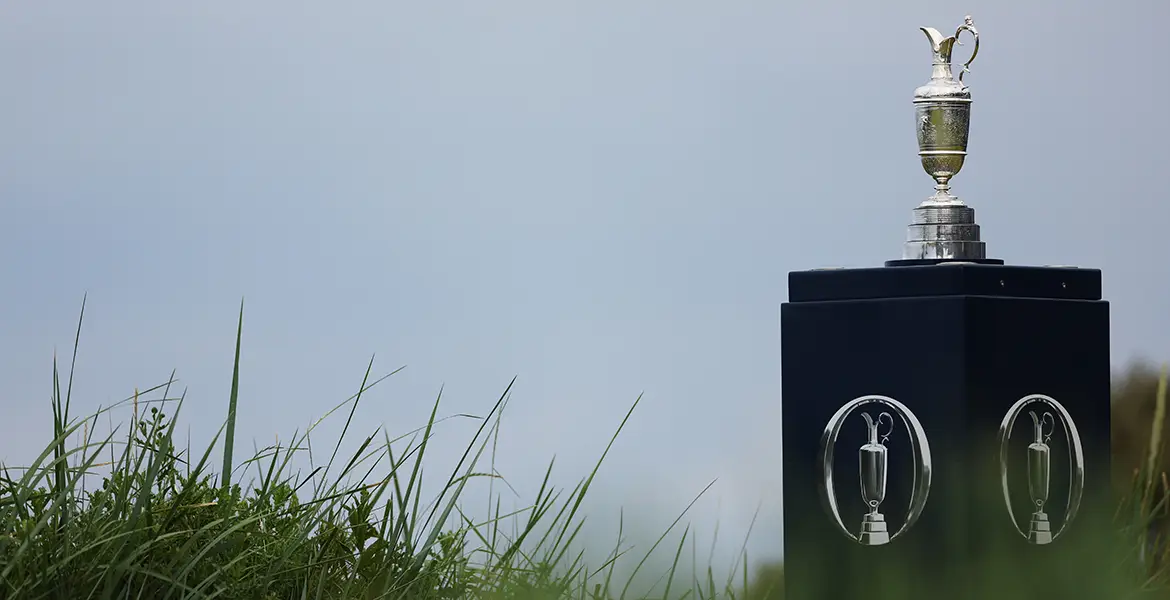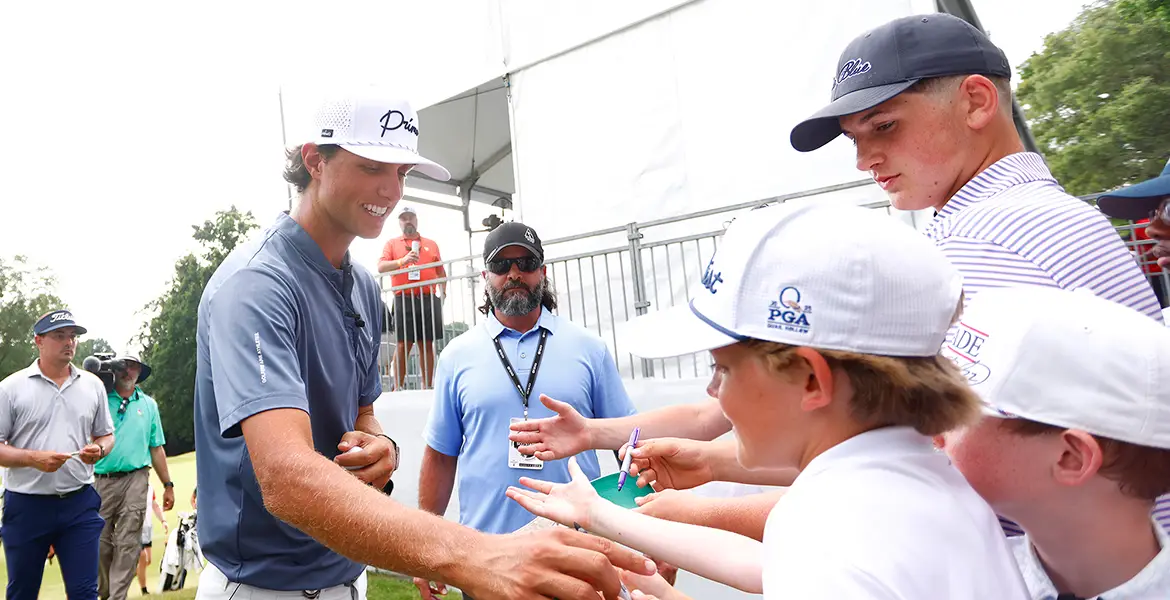Aside from my two sons, there’s not much that I miss about the U.S.—especially the current U.S.—except maybe The New York Times. I began reading it when I was a junior in high school, and it remained part of my morning routine for three and a half decades, until we jumped across the pond.
In the U.K. the only places the paper can be found are the big newsstands and posh hotels of London. There’s not a copy to be had in Scotland, where the closest approximation is the international edition of the Herald Tribune, and even that is rare. In St. Andrews, just one shop carries it, and I shall never forget my first conversation with the proprietor.
“Do you have the Herald Tribune?” I asked.
“Aye,” he said. “Would you like today’s paper or yesterday’s?”
“Why, today’s,” I said, mildly flummoxed by his question.
“Are you sure you’d like today’s and not yesterday’s?” he queried.
“Yes, it’s definitely today’s paper I want,” I said.
“Right,” he said, “then I’m afraid you’ll have to come back tomorrow.”
Oh, I realize I can keep up with the Times on the Internet, and I do check it out occasionally (I even noodle the crossword religiously every Sunday) but the experience just isn’t the same.
Ghoulishly, the section I miss most is the obituaries, which I started to peruse shortly after passing 50 and feeling intimations of mortality. I didn’t actually read them, mind you, just skimmed the headlines:
“Oscar Schlumberger, 91, Radio Pioneer”
“Patrick ‘Woofer’ McSorley, 69, Dog Trainer to the Stars”
“Frank Sperling, 82, Served With Patton’s Army.”
Truth be told, I never even noticed the names, just the ages, as part of a desperate little game I played each morning. It was match play, me against the dead guys. If the first fellow on the page had died at an age more advanced than my own, I counted myself one up; if the deceased was younger than I, I was one down. Usually there were at least half a dozen dearly departed in the morning lineup, sometimes nine or more—plenty for a decent match—and most days I scored a solid victory. It was a nice upbeat way to start the day.
Now bereft of that daily joy, and a fully seniorized 55, I’ve had to seek other sources of solace. Recently I adopted a sort of benchmarking tack. I compare myself in age to prominent and powerful people—the kind of people who tend to be long in the tooth.
Starting with the Pope. When dear old John Paul died earlier this year, I was briefly worried until I saw the somewhat white smoke and extremely white hair of Cardinal Ratzinger, Pope Benedict the XVI. At age 78, The Holy Father is old enough to be my father, and I find that very comforting.
For an entire feel-good group, there’s the U.S. Supreme Court, where the average age is 16 years over mine. I call that sweet justice.
Moving to the executive branch, I can report with pleasure that no major-party presidential candidate has ever been younger than I (although I’ll admit it was a close race last time with both Bush and Kerry). For 2008, I’m hoping it’ll be Rudy versus Hilary, just so I can keep my record alive.
Speaking of Mrs. Clinton—one of my home state senators—that’s another benchmark, and there I’m afraid I’m faring no better than one and one. Ironically, the senior senator from New York—Chuck Schumer—is my junior by a few months. Happily, however, Governor George Pataki predates me comfortably.
The three other national figures I benchmark are the anchormen for the major television networks. I was batting 1.000 in that regard until last year when Tom Brokaw quit on me and was replaced by that kid, Brian Williams. Needless to say, I’ve stopped watching NBC.
In the world of golf, I keep tabs on only three people. Sadly, the president of the USGA, Fred Ridley, is a year younger than I am (the first time I’ve been beaten in that category), but on a more positive note the brand-new Captain of the R & A, Tom Gault—a supreme court justice from New Zealand—is comfortably older. (Only one captain has not been more ancient than I, and he was royal—Prince Andrew, a year ago.) Finally there is the leading money winner on the Champions Tour. Bless you, 60-year-old Hale Irwin for your confoundingly extended continued brilliance.
Clearly, I can’t win this game much longer unless I want to redefine “prominent people” as anyone who voted for Woodrow Wilson. So as part of my morbid obsession with decrepitude and death I’ve developed a new game—one that is more participatory and has the capacity to last as long as I do. In my rounds of golf, I establish a target score—namely the course’s par plus my handicap. For every hole I complete without my total score hitting that target, I award myself five “life-expectancy points.”
Currently my target is 79. If I shoot say 85 for the day and my 79th stroke occurs on the 17th hole, it means I survived 16 holes—16 times five gives me a life expectancy of 80. If I make it through all 18, it means I’ll live to be 90. For each stroke I shoot under 79, I give myself one bonus year. Thus, should I ever manage to break 70, I’ll have the double pleasure of knowing I’ll live to be at least 100. Of course, that life expectancy lasts only until I shoot my next 85.
Is this all just a little sick? Yes. But hey, I figure it’s no less manic—and a lot more fun—than counting calories, rationing liquor, pumping iron, popping pills, and squatting lotus every day. Plus it keeps my pre-Alzheimer’s mind focused right where it should be: on my golf game.






